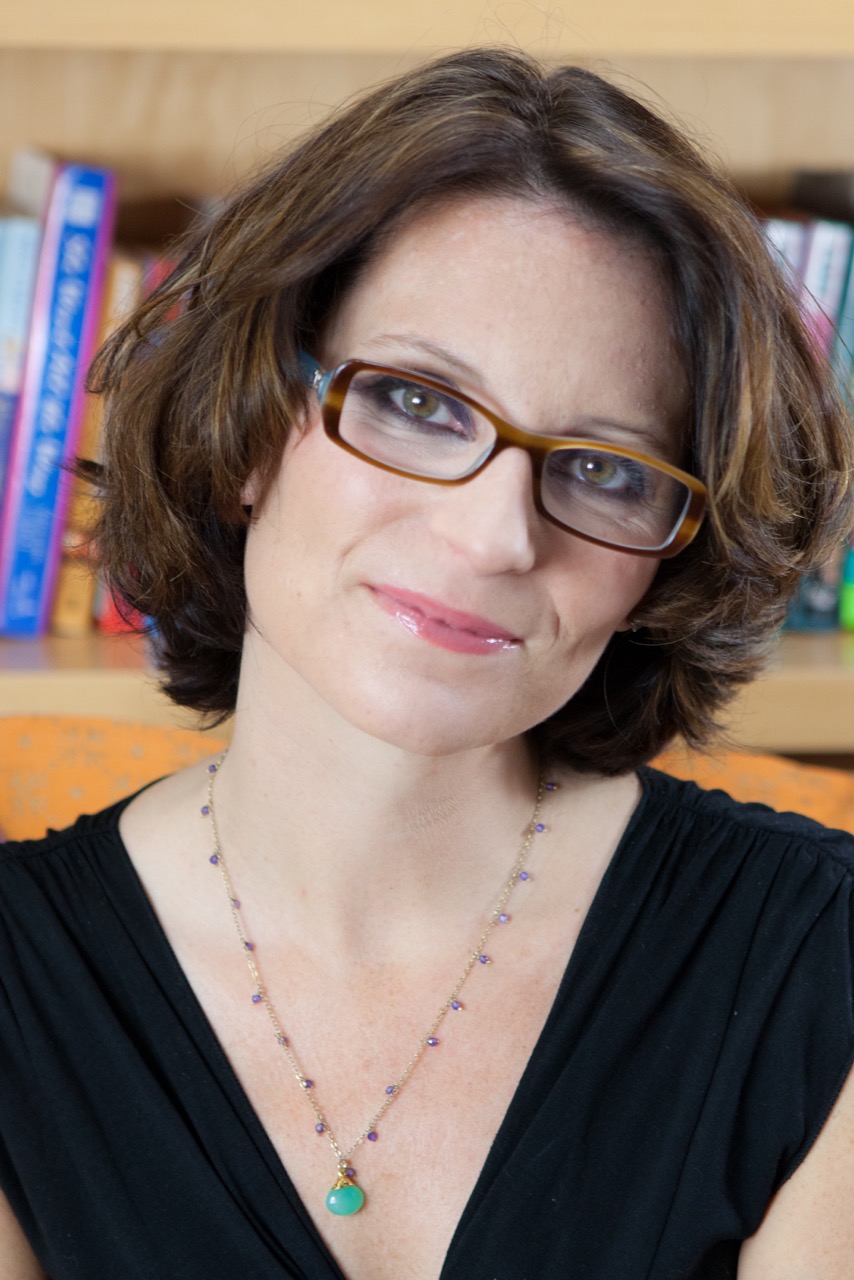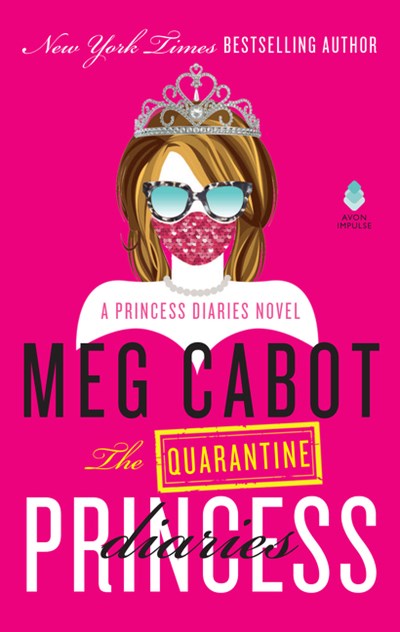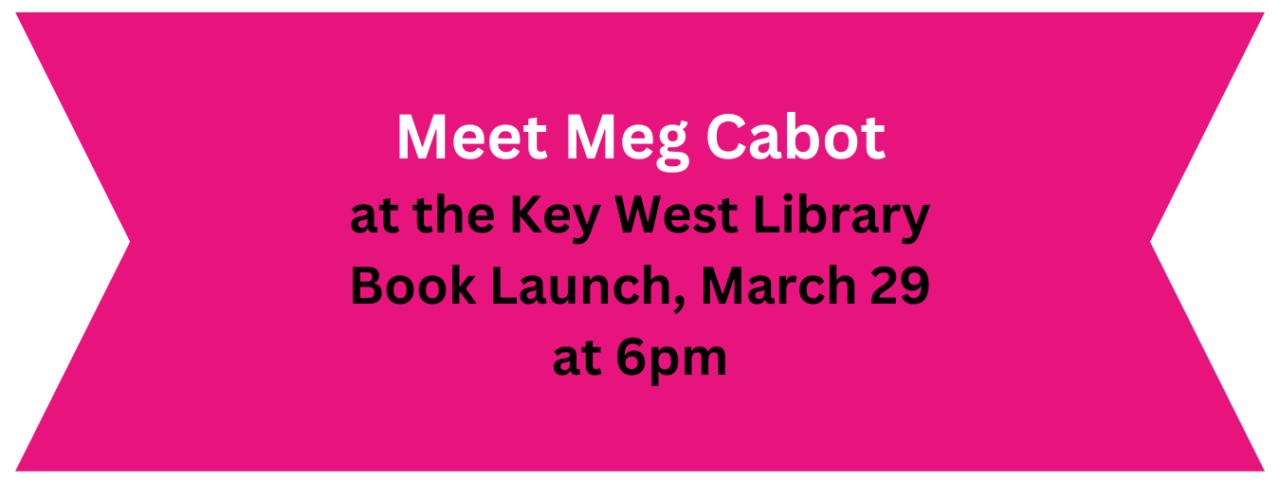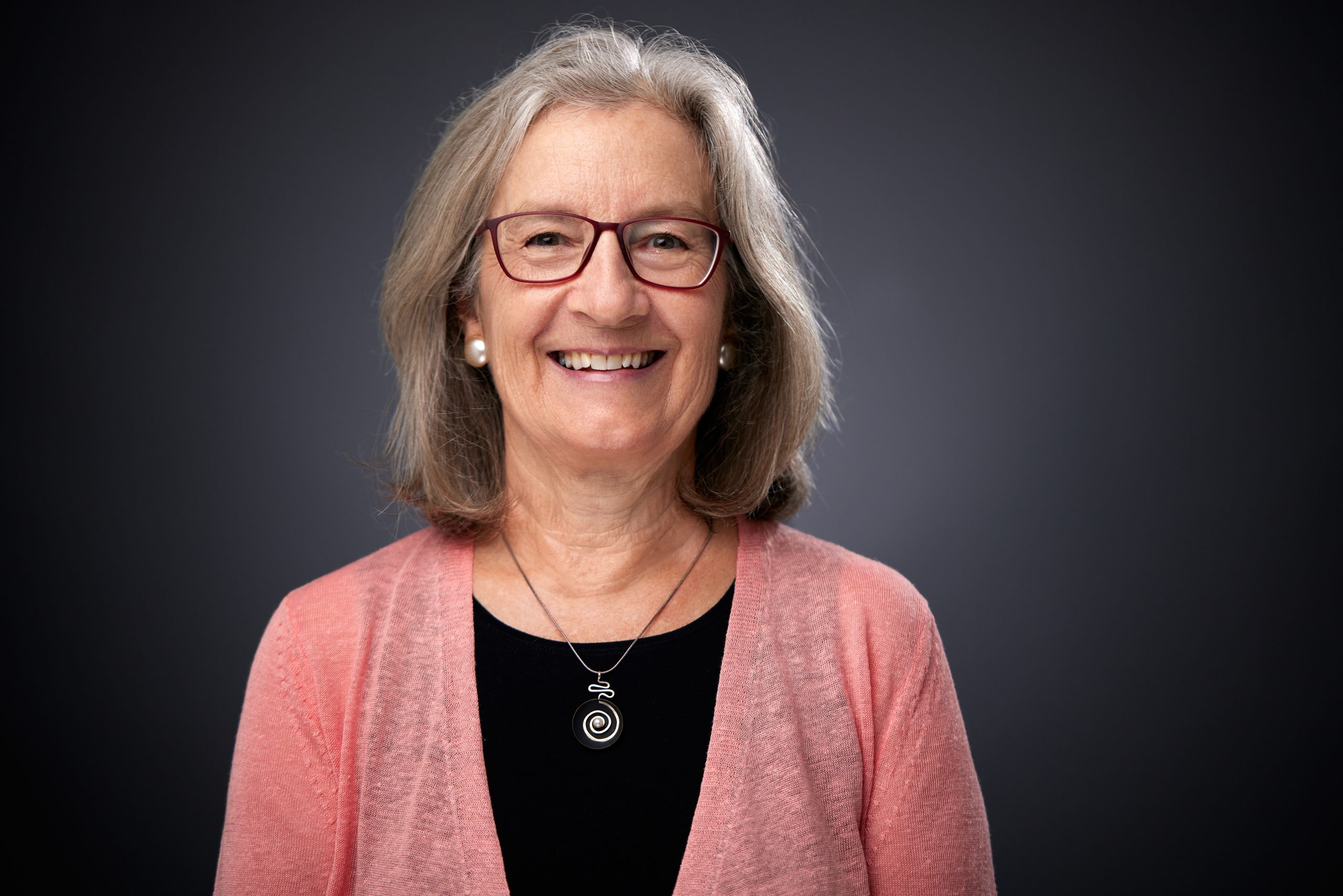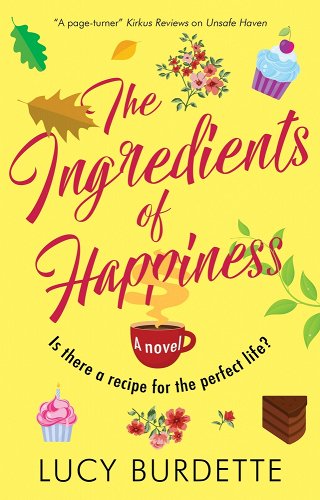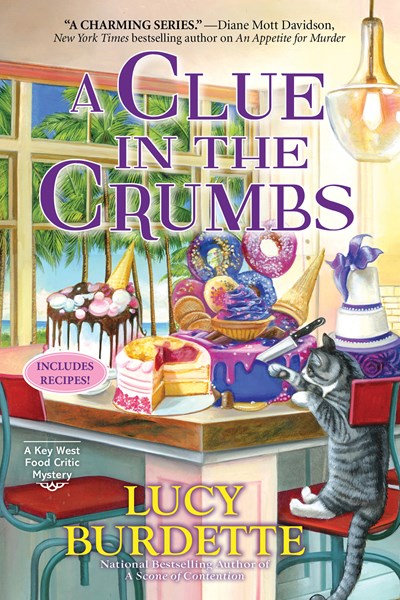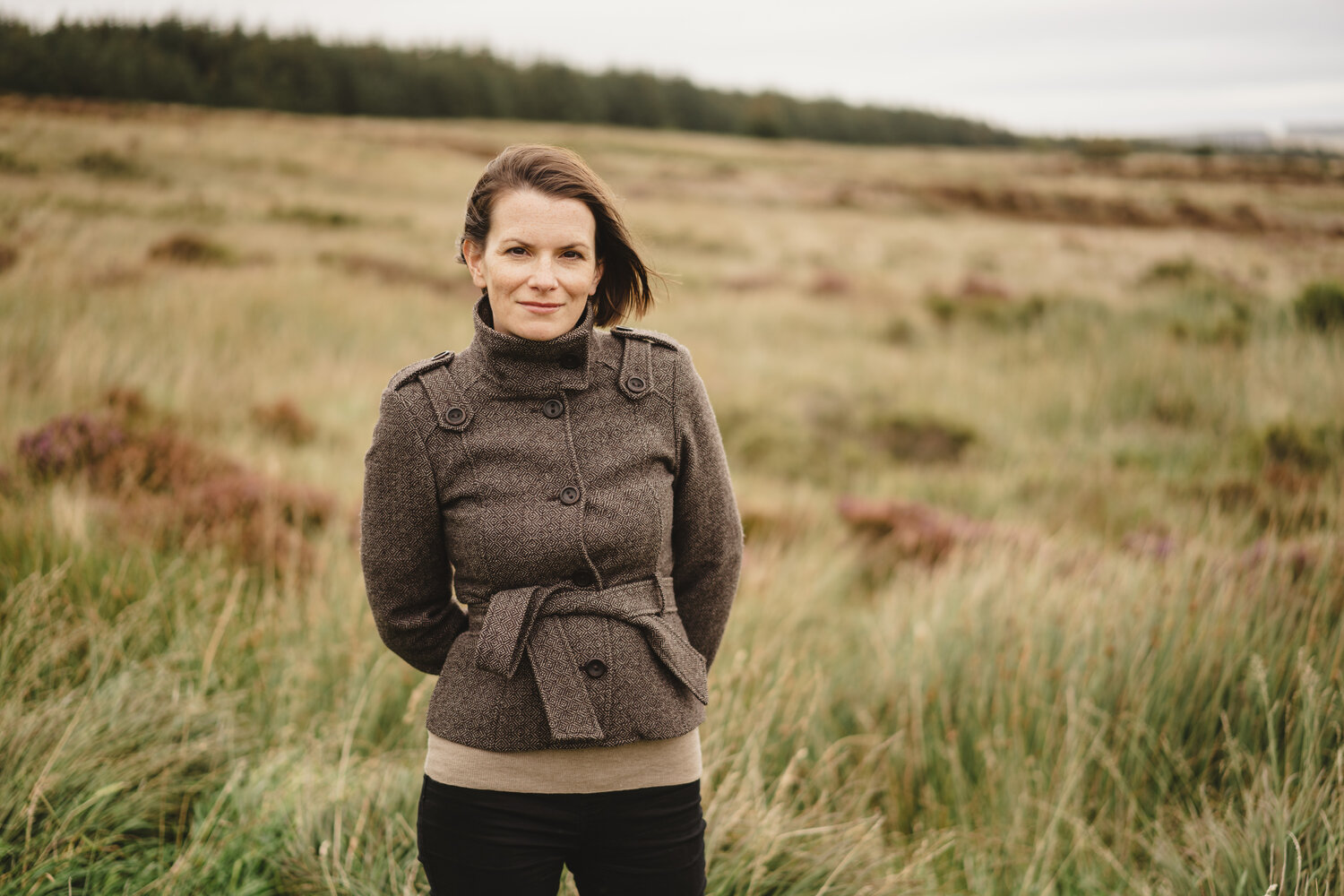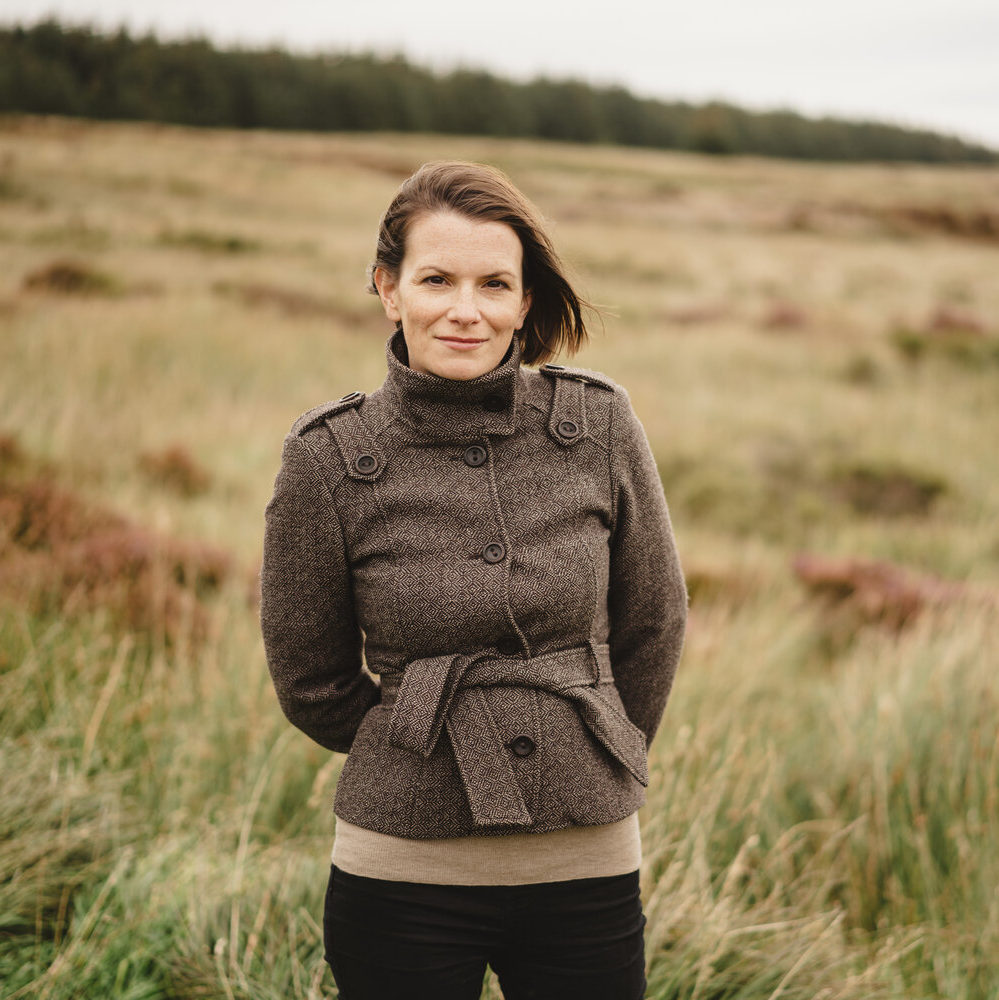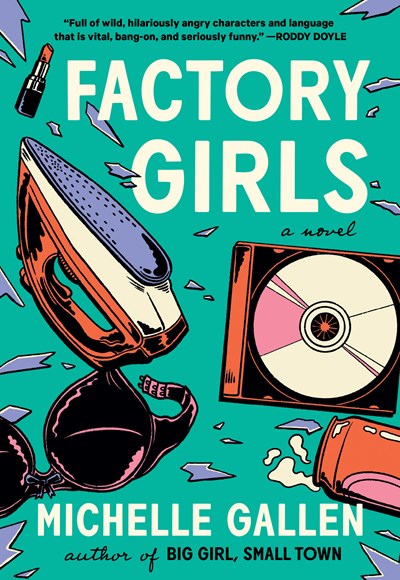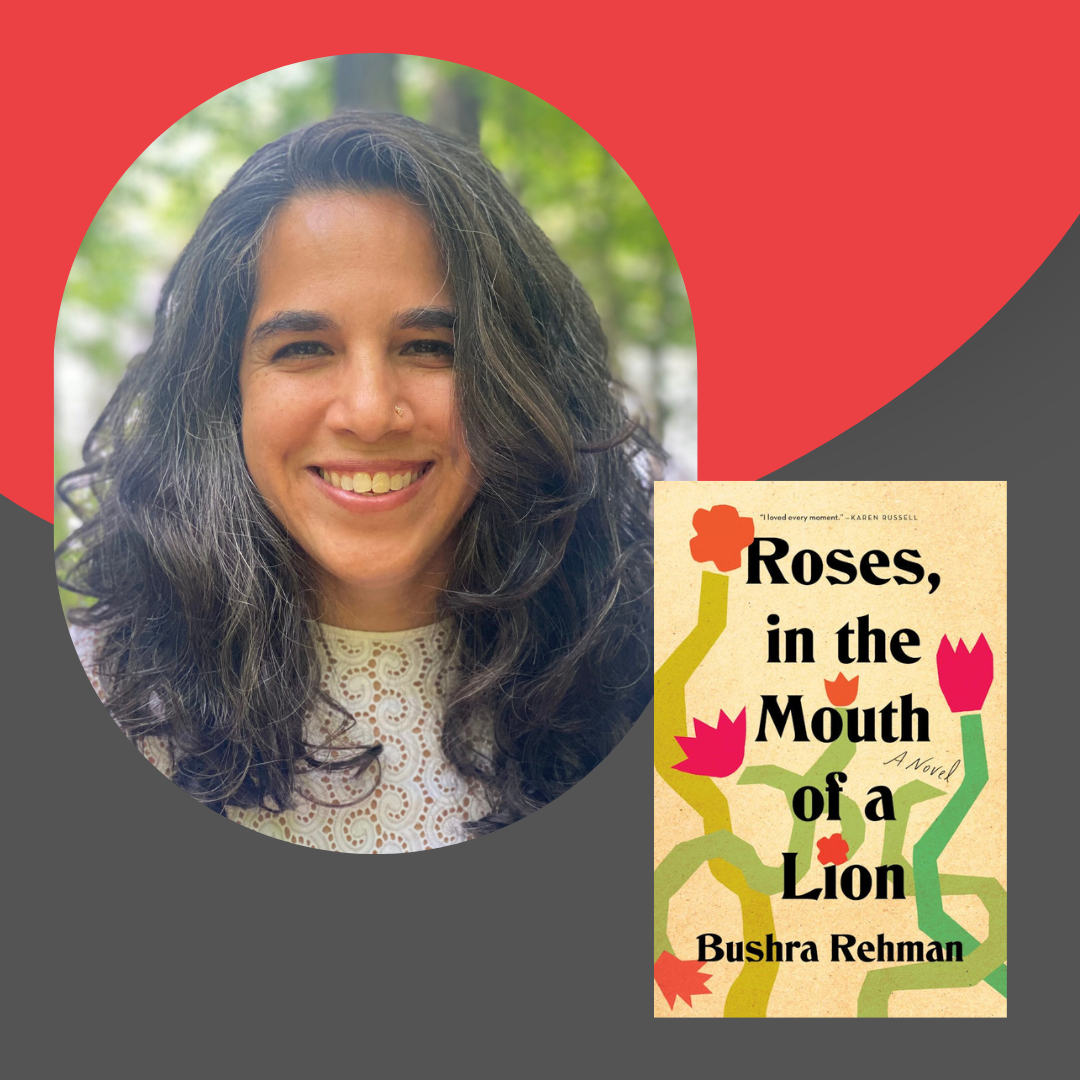
We are excited to host Bushra Rehman, author of Roses, in the Mouth of a Lion on Saturday, March 16 at 6:30 at Hugh’s View. Prior to hearing from her in person, we had the opportunity to ask a few questions:
Q: Would you tell us a little about Roses, in the Mouth of a Lion and what you hope readers will get out of it?
A: Roses, in the Mouth of a Lion is a story about female friendship and queer desire in a Pakistani-American community. The main character, Razia grows up amid the wild grape vines and backyard sunflowers of Corona, Queens, with her best friends by her side. As she and her friends get older, they embark on a series of small rebellions: listening to scandalous music, wearing miniskirts, and cutting school to explore the city.
When Razia is accepted to high school in Manhattan, the gulf between her and her world in Queens, between the person she is and the daughter her parents want her to be widens. At her new school, Razia meets Angela, an Italian-Greek girl, and is attracted to her in a way that blossoms into a new understanding.
Roses, in the Mouth of a Lion is a book for anyone who’s ever had to leave the world they grew up in to be who they needed to be, anyone who’s felt different or struggled with limiting expectations. It’s for those who remember what it was like to be queer and not have the words to express it at first.
Razia is a character I’ve always wanted to see in literature: a young Muslim woman experiencing both her Muslim spirituality and her queer desires. I’ve rarely seen three-dimensional portrayals of us as Muslim women or of our families: our love, resilience, and humor. I hope Roses lessens that void.
Q: For you, as a poet and a fiction writer, what do you feel your work as a poet brings to your fiction?
A: The seed of Roses, in the Mouth of a Lion was a series of poems I wrote about the beauty of Corona. I wanted to share both the danger and the joy of what it felt like to grow up there. As the poems started to become a novel, the character of Razia Mirza emerged. Even when the poems morphed into fiction, I treated each sentence as a line of poetry. This is probably why it took forever to write this book.
Q: Sense of place appears to be incredibly important to your work (the New York Public Library named Corona, your prior novel, one of its favorite books about the city), what do you find yourself noticing or paying attention to about other places as you travel?
A: I love to travel, and I treat all travel like a journey. I love going to oceans, mountains, rivers and forests. When I travel to towns, I love visiting bookstores and public parks. Wherever I go, I like to spend time walking, observing and journaling. And what I love about Key West is it’s an adventure of a walking island with deep literary history.
Q: And on a similar point, what are you looking forward to doing or seeing in Key West?
A: I’m excited to see the sunsets in Key West, to eat food at local restaurants, to soak in the sunshine (it’s been a grim winter in NY!) and to meet up with old and new friends. I’m so honored and excited to meet readers at Books & Books @ The Studios of Key West and to join in the literary world of Key West.
Thirty years ago, ago, when I was much younger, I used to spend time in Key West with a friends who lived here. I used to get on the Greyhound from NYC! I even wrote a story in which Razia is on the way to Key West. Perhaps this trip will inspire the chapter of what happens next. I’d love to weave in Key West’s distinctive literary history into this story.
Q: Is there anything you’d like to share about works in progress or upcoming publications?
A: I’ve been writing about the adventures of Razia after the ending of Roses. The Key West story is one of these stories. There are also stories that take place at a Puritan village in Salem, Massachusetts, and in the Strand bookstore in NYC. In the Strand story, Razia has just returned to NYC and gets a job at the Strand. The year is 1989 and The Satanic Verses controversy is raging. While other stores stop carrying the book, the Strand continues to sell it. Razia is swept up into protests, counter-protests and debates on freedom of expression that are marred by Islamophobia. She finds solace in her mentors at the Strand, including the iconic bookseller Ben McFall.
Q: What are you reading and recommending these days?
A: I’m currently reading and recommending Ibtisam Barakat’s A Palestinian Childhood, Kamilah Aisha Moon’s She Has a Name and Starshine & Clay, Noor Hindi’s Dear God. Dear Bones. Dear Yellow, Mosab Abu Toha’s Things You May Find Hidden in My Ear, the collection A Light in Gaza, and Lamya H’s Hijab Butch Blues.
I also love recommending books which influenced me early on: Betty Smith’s A Tree Grows in Brooklyn, Toni Morison’s Song of Solomon, Audre Lorde’s Black Unicorn and Sister Outsider, Vijay Prashad’s Karma of Brown Folk, Sharon Olds’s The Dead and the Living and Satan Says, Dorothy Allison’s Bastard out of Carolina and of course Judy Blume’s books especially, Are You There God? It’s Me, Margaret. I related so much to Margaret who has her own relationship with the divine. I saw myself in her. I hope readers will feel the same about Razia.

